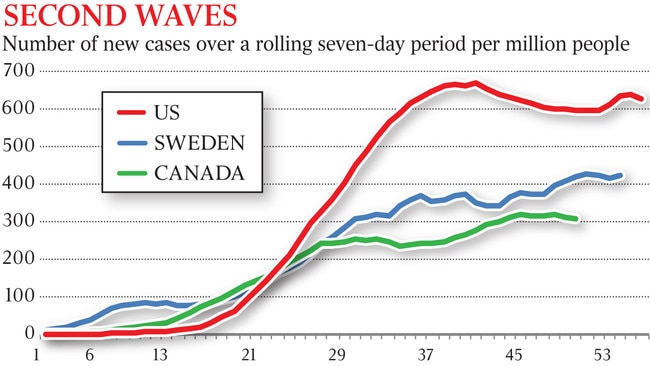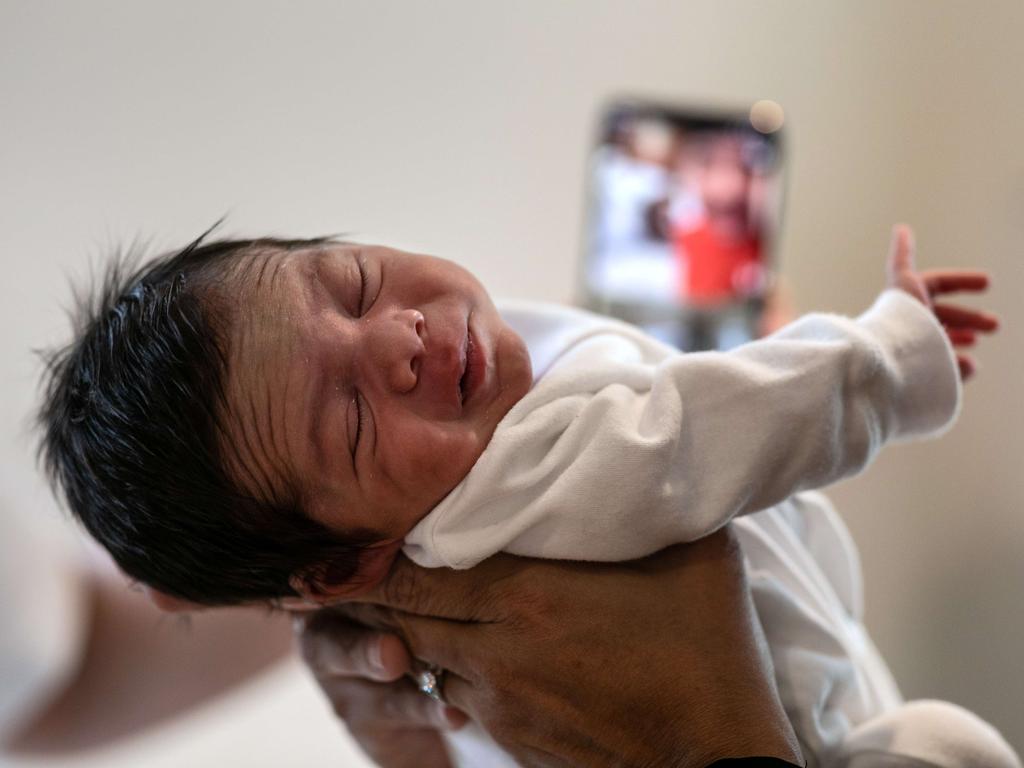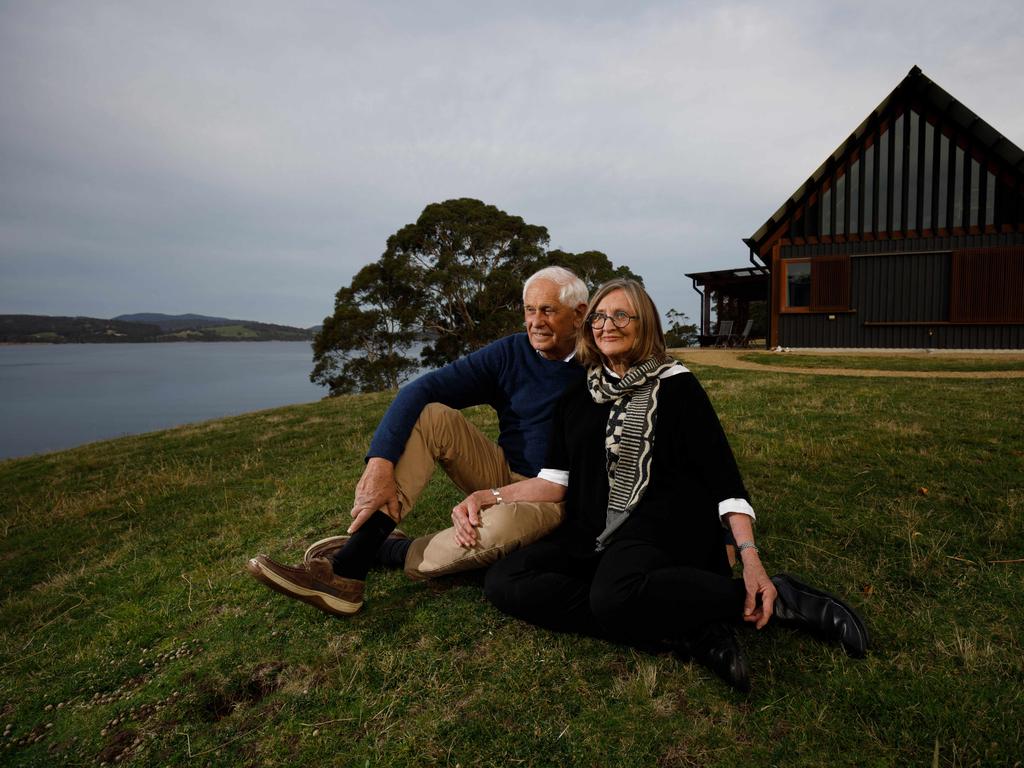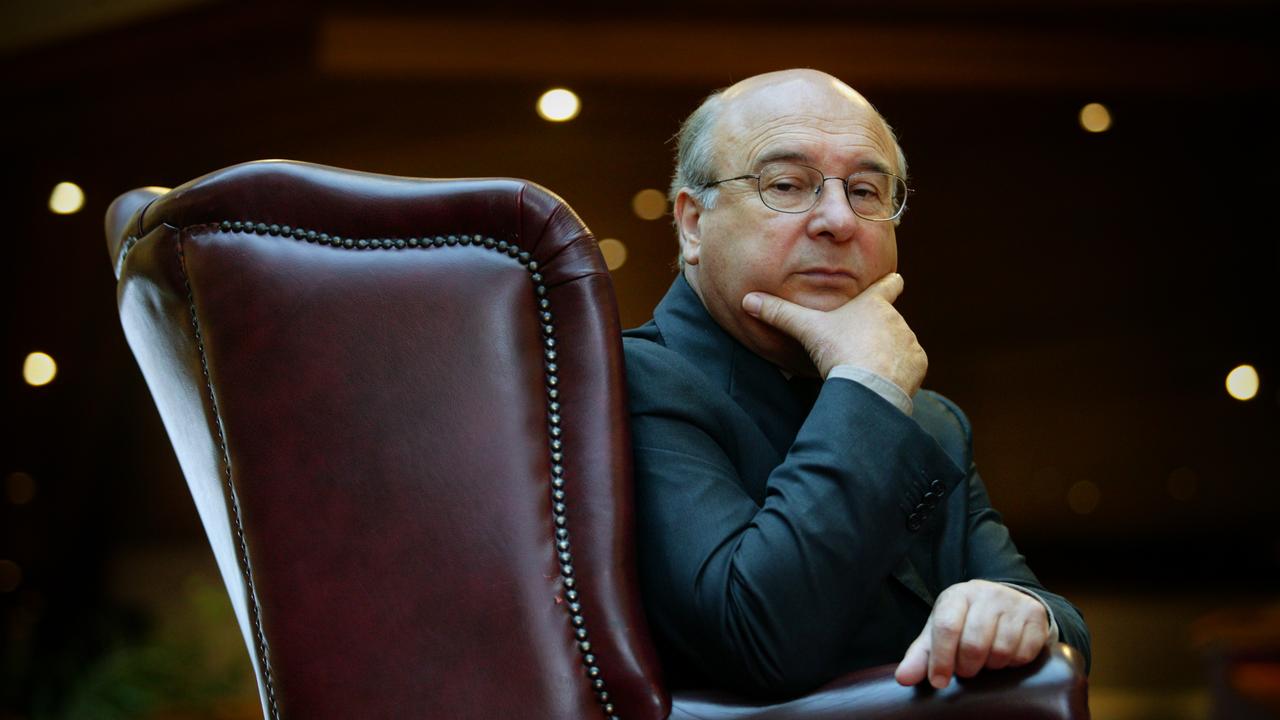Our winter ‘a litmus test for world’
As we go into winter, Europe and the US are looking to Australia and New Zealand as possible guides for tackling the global crisis.

Australia’s success in handling the coronavirus over winter could be a litmus test in the battle against COVID-19 if the nation continues to outperform most countries in flattening the infection curve and can avoid a second wave.
With US and European health experts deeply worried about a COVID-19 resurgence later this year in the northern hemisphere as the weather turns cold, they are looking to low-incidence Australia and New Zealand as possible guides for tackling the global crisis.
The Trump administration’s coronavirus taskforce co-ordinator, Deborah Birx, said the trajectory of coronavirus in Australia and other southern hemisphere nations in the next few months would help determine whether the virus was likely to roar back.
“It will be very interesting to watch Australia, New Zealand, southern Africa and Chile and Argentina to see what happens with the virus in the summertime, and what’s happening to the virus here,” Dr Birx said. “So really, those two pieces will really define how we do in the fall.”
Australia and New Zealand’s success in combating COVID-19 has been front-page news in the US, which is bitterly debating how fast restrictions should be eased even as the number of confirmed cases there exceeds one million, with more than 73,000 deaths and the infection rate showing little or no sign of abating.
President Donald Trump’s top disease expert, Anthony Fauci, expressed his concern about a possible “rebound” of infections that could take the US “right back in the same boat that we were in a few weeks ago” because of premature action by certain states to reopen their economies despite no sustained fall in cases.
Scott Morrison is flagging a possible cautious easing of restrictions next month, which has fuelled a separate debate in Australia about whether it is prudent to “take the foot off the brakes” as winter approaches and the nation copes with the extra problem of influenza, which leads to the hospitalisation of about 18,000 annually.
Infectious disease experts say Australia’s early success in combating COVID-19 — with 6746 confirmed infections, new cases slowed to a trickle and 90 deaths — does not rule out a second wave more deadly and harder to fight.
While epidemiologists accept Australia is ahead of most other countries in flattening the curve of COVID-19, they point to a resurgence in countries such as Singapore, Japan and Germany, where tough measures have been eased. They also point to the 1918 Spanish flu epidemic, which returned strongly in second and third waves to kill millions.
Mary-Louise McLaws, an infection control expert at the University of NSW, said Australia’s ability to ride out winter with no marked increase in COVID-19 infections would depend on keeping international borders closed, because most local “hot spots” had been sourced to visiting tourists or locals returning from aboard.
“If we are as good as we think we are, then winter will be OK, and we may get the occasional case,” Professor McLaws said.
“But we will get flu, which depends on how many people are taking up the flu vaccine. Winter is a critical time for every country.
“This is why the northern hemisphere has a very different epidemic curve than we do, because they are coming out of winter, and everyone is in very closed environments. We don’t call people ‘super spreaders’ any more, we call atmospheres or events ‘spreaders’, and winter is a ‘super-spreading event’.”
Kathryn Snow, an infectious diseases epidemiologist from the University of Melbourne, said the risk of a second wave in Australia was “unfortunately very, very real … A lot of people have seen how successful we have been in flattening the curve, and that is giving the impression that we, as a country, are basically out of the woods.
“Unfortunately, that’s not the case until we have a vaccine. We are going to have to work very hard to keep it under control.”
Dr Snow said relaxing social distancing too quickly would risk outbreaks. “There are also risks that are harder to mitigate in some environments, such as aged-care facilities or prisons, disability group homes and settings like that, where physical distancing is harder to implement. We do have these vulnerabilities that could flare up.”
Australia’s deputy chief medical Officer Paul Kelly said a second wave was possible but Australians would be “victims of our success” if it occurred following the marked fall in new cases.
Dr Kelly said the government was not working towards “herd immunity” – confirmation Australia is not taking a policy approach of accepting everyone in the community would eventually contract the disease.
“We’ve had so few people that have been diagnosed with COVID-19, and we are nowhere near that concept of herd immunity,” he said.
ADDITIONAL REPORTING: RICHARD FERGUSON






To join the conversation, please log in. Don't have an account? Register
Join the conversation, you are commenting as Logout